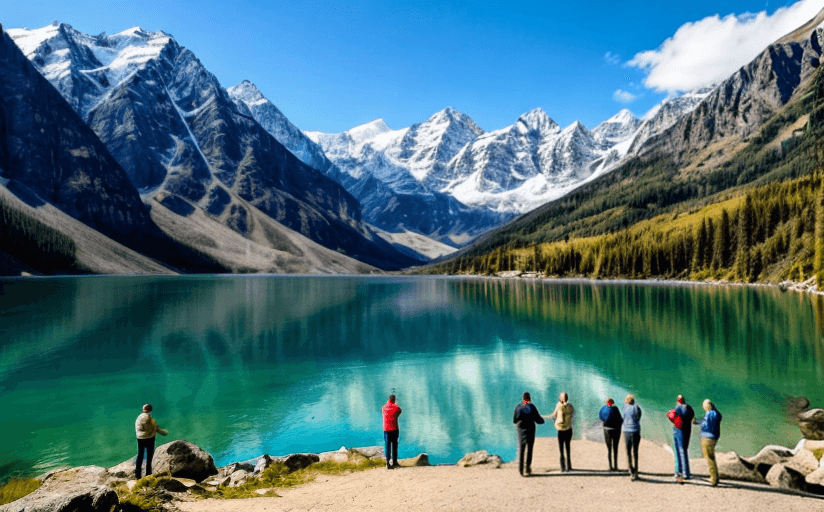Positive Impacts of Responsible Tourism on Local Communities
Responsible tourism is an important concept that has the potential to have a significant positive impact on local communities. Responsible tourism practices can create economic opportunities, protect cultural heritage, and support sustainability. Here, we discuss some examples of responsible tourism that have had a positive impact on local communities, and how responsible tourism can benefit the long-term wellbeing of local communities.
Economic Opportunities
Responsible tourism practices can create economic opportunities for local communities. For example, the Responsible Tourism Network in India has set up a system to certify local small businesses in the tourism sector. This certification is awarded to businesses that meet responsible tourism criteria, such as offering quality services, respecting local cultures, and minimizing environmental impacts. This certification helps local businesses gain visibility, build trust, and attract more customers. This in turn can create more economic opportunities for local communities.
Protection of Cultural Heritage
Responsible tourism practices can help protect cultural heritage. For example, in the Galapagos Islands, a responsible tourism program was launched to ensure that visitors are educated about the importance of protecting the local environment and wildlife. The program also includes measures to protect local cultural heritage, such as prohibiting the sale of souvenirs that are made from local natural resources. By protecting cultural heritage, responsible tourism can help local communities preserve their unique cultural identity.
Supporting Sustainable Practices
Responsible tourism can also support sustainable practices. For example, in the Peruvian Amazon, a responsible tourism project was launched to promote sustainable development and protect the local environment. The project includes initiatives such as encouraging the use of renewable energy sources, promoting sustainable farming practices, and supporting local community initiatives. By supporting sustainable practices, responsible tourism can ensure that local communities are able to benefit from their natural resources in the long run.
Benefiting Local Communities in the Long Run
Ultimately, responsible tourism can benefit local communities in the long run. By creating economic opportunities, protecting cultural heritage, and supporting sustainable practices, responsible tourism can ensure that local communities are able to continue to benefit from tourism in the future. In addition, responsible tourism practices can help local communities become more resilient to challenges such as climate change and global economic downturns. By investing in responsible tourism, local communities can ensure that they are able to reap the benefits of tourism in the long run.
Conclusion
Overall, responsible tourism can have a significant positive impact on local communities. By creating economic opportunities, protecting cultural heritage, and supporting sustainable practices, responsible tourism can benefit local communities in the long run. Responsible tourism can help local communities become more resilient to global challenges, and ensure that they are able to continue to reap the benefits of tourism in the future.

















Comments
Leave a Comment